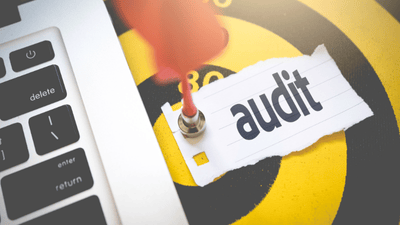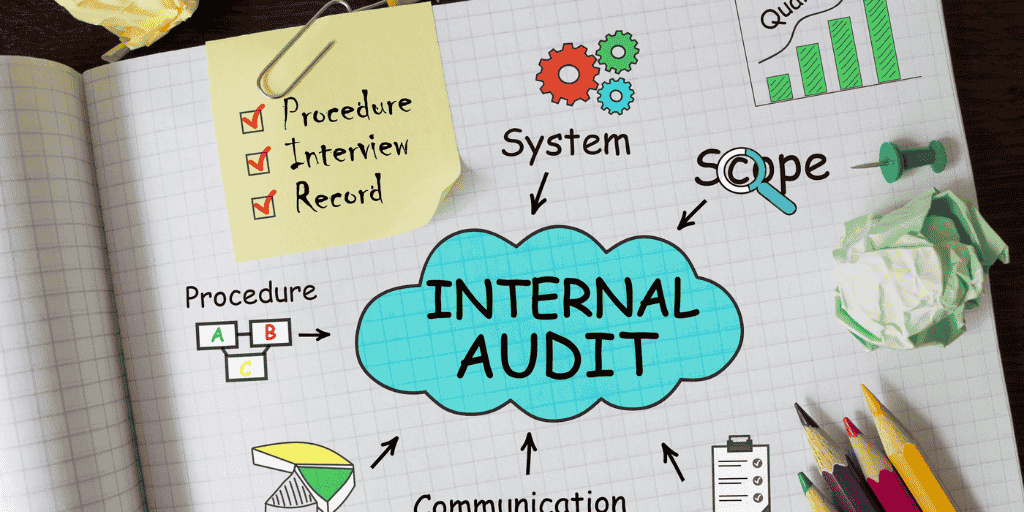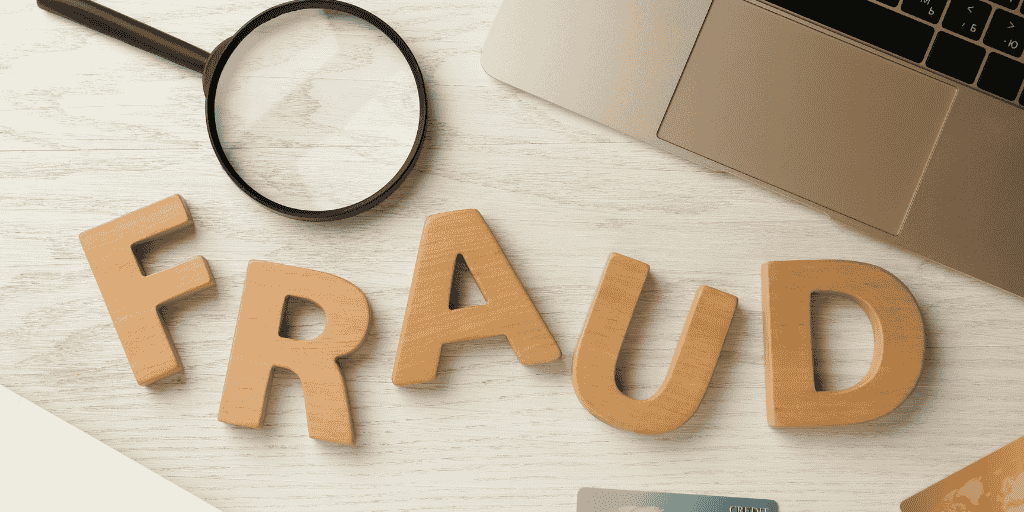
What Does an Audit Assistant Do in Real Estate Accounting? A Simple Breakdown
- May 26, 2025
- Tajinder Malhotra

If you’ve ever wondered what keeps the financial side of real estate businesses running smoothly, audit assistant plays a big part. At our real estate accounting firm, these professionals are key to ensuring the numbers add up for our clients—property managers, developers, and investors. This blog breaks down their role in simple, everyday language, with examples specific to real estate accounting. We’ve included tables and quotes to make it clear and engaging. Let’s dive in!
They may not be in the spotlight, but their work supports the entire accounting and audit process. In this blog, we’ll explain what an audit assistant really does—especially in real estate firms—and why they’re essential to your finance team.

An audit assistant is like a financial detective. They dig into records, check for accuracy, and help ensure everything is above board. In real estate accounting, they focus on the unique financial details of properties—like rental income, property taxes, or development costs—to support accurate reporting and compliance.
“Audit assistants are the ones who make sure every dollar in a real estate deal is accounted for properly.” – Emily, Senior Accountant Their work is all about precision, helping real estate businesses avoid costly mistakes and maintain trust with their stakeholders.
So, what does an audit assistant do when working on real estate accounts? Here’s a straightforward look at their main responsibilities:
| Task | What It Involves | Real Estate Example |
| Reviewing Financial Records | Checking documents like invoices, receipts, and bank statements for accuracy. | Confirming that a client’s rental income from a commercial property matches signed lease agreements. |
| Supporting Audit Processes | Assisting with reviews of financial data during audits. | Gathering expense records for a real estate developer’s project, like materials or labor costs, for an audit. |
| Organizing Financial Data | Entering and sorting data in accounting systems. | Recording a client’s maintenance expenses for an apartment complex, such as landscaping or repairs. |
| Identifying Discrepancies | Spotting errors or unusual patterns in financial records. | Noticing that a property’s utility expenses seem higher than expected for a retail strip mall. |
| Ensuring Regulatory Compliance | Verifying that financial records meet tax and real estate regulations. | Checking that a client’s property tax payments align with local tax laws. |
These tasks are critical in real estate, where large transactions and complex regulations mean even small errors can have big consequences.

There are two main types of audits:
Audit assistants help in both, but their tasks are a bit different.
| Audit Type | What Audit Assistants Do |
| Internal Audit | Help review internal systems, check policies, flag weaknesses |
| External Audit | Collect supporting documents, check figures, prepare reports |
In a real estate firm, they may support internal reviews for lease compliance, vendor payments, or budgeting. For external audits, they assist with preparing financial reports for investors, regulators, or tax filing.
External audits are serious business. They involve checking every number in your financial statement to make sure there’s no mistake or fraud. Audit assistants support this process by doing the following:
For real estate firms, this may include checking CAM charges, lease agreements, capital expenditure receipts, and vendor contracts for repairs or improvements.
“Audit assistants are the backbone of audit accuracy. They make sure every number has a story—and proof.”

Real estate firms need clear, reliable financial statements. Investors, lenders, and management all depend on them. Audit assistants help ensure:
Because real estate transactions often involve many parties—tenants, vendors, lenders—accuracy is everything. Audit assistants help connect the dots.

Year-end is a busy time for accounting teams. Books must be finalized, statements prepared, and reports submitted. Mistakes at this stage can delay audits, trigger tax issues, or affect investor confidence.
Audit assistants are essential during this period because they:
“Without audit assistants, year-end close becomes a guessing game. With them, it’s a smooth landing.”

Let’s face it—mistakes happen. But when left unchecked, they can turn into serious issues. Audit assistants act as early warning systems.
Here’s how they help prevent errors:
In real estate, where large sums are often paid to contractors or collected from tenants, having a second set of eyes is priceless.

Real estate accounting involves handling large sums of money—think property sales, rental agreements, or construction budgets. Audit assistants are vital for keeping these finances in check. Here’s why their role matters:
“In real estate, every number tells a story. Audit assistants make sure that story is accurate and trustworthy.”

Imagine a real estate accounting firm working with a client who owns a portfolio of rental properties. An audit assistant might:
This kind of detailed work ensures the client’s financials are accurate and ready for scrutiny, whether from tax authorities or investors.

Audit assistants don’t just crunch numbers—they help real estate businesses thrive. Their attention to detail supports everything from tax compliance to investor confidence. For example, when a client sells a property, an audit assistant ensures the sale is recorded correctly, including any capital gains or tax-deferred exchanges. This accuracy can save clients from penalties or missed opportunities.
In another case, for a property management company, an audit assistant might verify that tenant security deposits are properly tracked, preventing disputes or legal issues. Their work touches every part of real estate accounting, making them indispensable.

Audit assistants may work behind the scenes, but their role is front and center when it comes to financial accuracy. Especially in real estate firms—where there are so many properties, contracts, and transactions—they provide structure, support, and peace of mind.
To recap, audit assistants:
If your real estate firm is growing, hiring or outsourcing the audit assistant role could be one of the smartest decisions you make.
Contact us for a customized NO OBLIGATION proposal for outsourcing your accounting activities.









